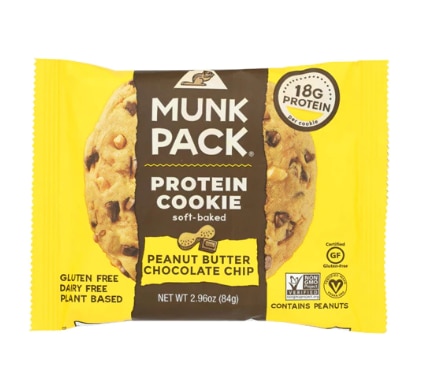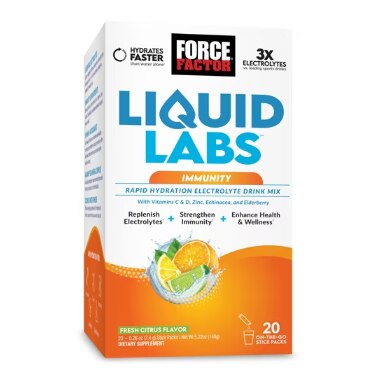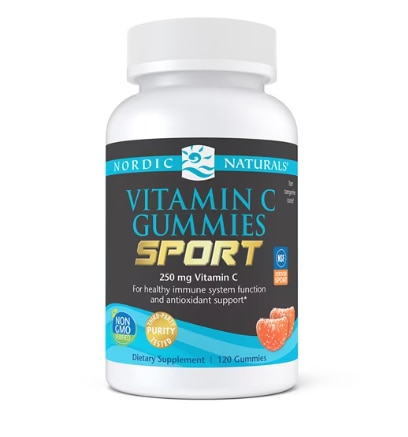It might seem counterintuitive, but the data is clear (and interesting): those who habitually exercise often drink more alcohol than their non-exercising peers. In fact, a recent study from The Cooper Institute found that women with high or moderate fitness levels are 1.6–2.1 times more likely to imbibe on a regular basis, while men with similar fitness levels are 1.4–1.6 times more likely.
So what accounts for this correlation between exercise and alcohol consumption, and can it impact your workout results? Here’s what you need consider when mixing the two.
How alcohol impacts the body during exercise
Of course, it’s not advisable to tackle your reps with a glass of wine or a cocktail in hand. But if you’ve been known to consume alcohol before a sweat session, you’re not alone. According to The Cooper Institute research, this is often due to a phenomenon called the “licensing effect,” in which someone allows themselves to indulge as an anticipatory reward for their exertion.
While an occasional drink won’t subvert all your fitness gains, if tipsiness becomes a habit, it can interfere with your health and performance. This is because alcohol is a diuretic (a substance that increases urine production). As such, consuming it before any workout can deplete vital mineral and electrolyte levels, which increases the risk of dehydration.
Combine those effects with a natural loss of electrolytes through sweat and the body will struggle to retain the amount of water it needs to exercise both safely and effectively. This can cause acute dehydration, which impairs:
● Muscular strength
● Endurance levels
● Heart rate
● Circulation
● Energy metabolism
● Blood lactate concentration
● Cardiorespiratory function.
Alcohol often leads to cognitive impairment as well. According to Northwestern University, once alcohol enters the bloodstream, it takes 5 minutes to reach the brain, slowing your reaction time, judgment, motor control or coordination. As a result, you could be more prone to fitness-related injuries.
How alcohol impacts the body after exercise
Even if drinking before exercise isn’t your speed, it’s often tempting to refresh with a frosty beverage after. As satisfying as that drink might taste, research shows it can delay the onset of recovery. That’s because alcohol consumption decreases muscle protein synthesis, a crucial process which stimulates the repair of muscular tissue in order to grow muscle mass.
Drinking alcohol after exercise also can contribute to higher cortisol (stress hormone) levels and an irregular heart rate as well. In other words, you’ll be much better off reaching for a nutritious post-fitness smoothie than a boozy beverage.
However, if you do plan on consuming alcohol, wait at least one hour after you finish the workout. This time-frame is the body’s critical window to replenish water, electrolytes, protein and other vitamins or minerals that you lose through exertion, according to the Nutrients Journal.
How age factors into alcohol and fitness
Were you unfazed by alcohol in college, only to notice a decline in that one iron-clad constitution as you’ve grown older? It’s not just your imagination. The body metabolizes alcohol much less efficiently with age. Alcohol is processed through the liver, but over time, this organ’s blood flow and enzyme concentration will deteriorate. As a result, it becomes harder to eliminate alcohol from the system, causing you to feel the symptoms of drinking for a longer period of time.
Alcohol can also lead to serious impacts on cognitive function as you continue to age. A study in the Nature Scientific Reports Journal found that that adults, from 39–45 years old, who consume even a moderate amount of alcohol tend to have smaller brain volumes than those who limit (or avoid) alcohol intake. This can affect regions of the brain associated with important executive functions, mood states or mental health outcomes.
If drinking slows your workout performance, stunts your fitness results or dulls your level of functioning more than it used to in years past, that’s normal. It can also be a sign to re-think what you drink and how it’s impacting your health and fitness goals. This is absolutely a personal preference; what matters is what’s important to you.
Drinking and working out: The boozy bottom line
An occasional alcoholic drink to toast the completion of a vigorous workout won’t entirely cancel out all the progress you’ve made. When this starts to become a regular habit multiple times a week, you may not reap the health and fitness benefits you’re looking for. Each body is unique, and so are your goals, so tune into what’s best for you to decide when, if and how much alcohol you’ll enjoy.




